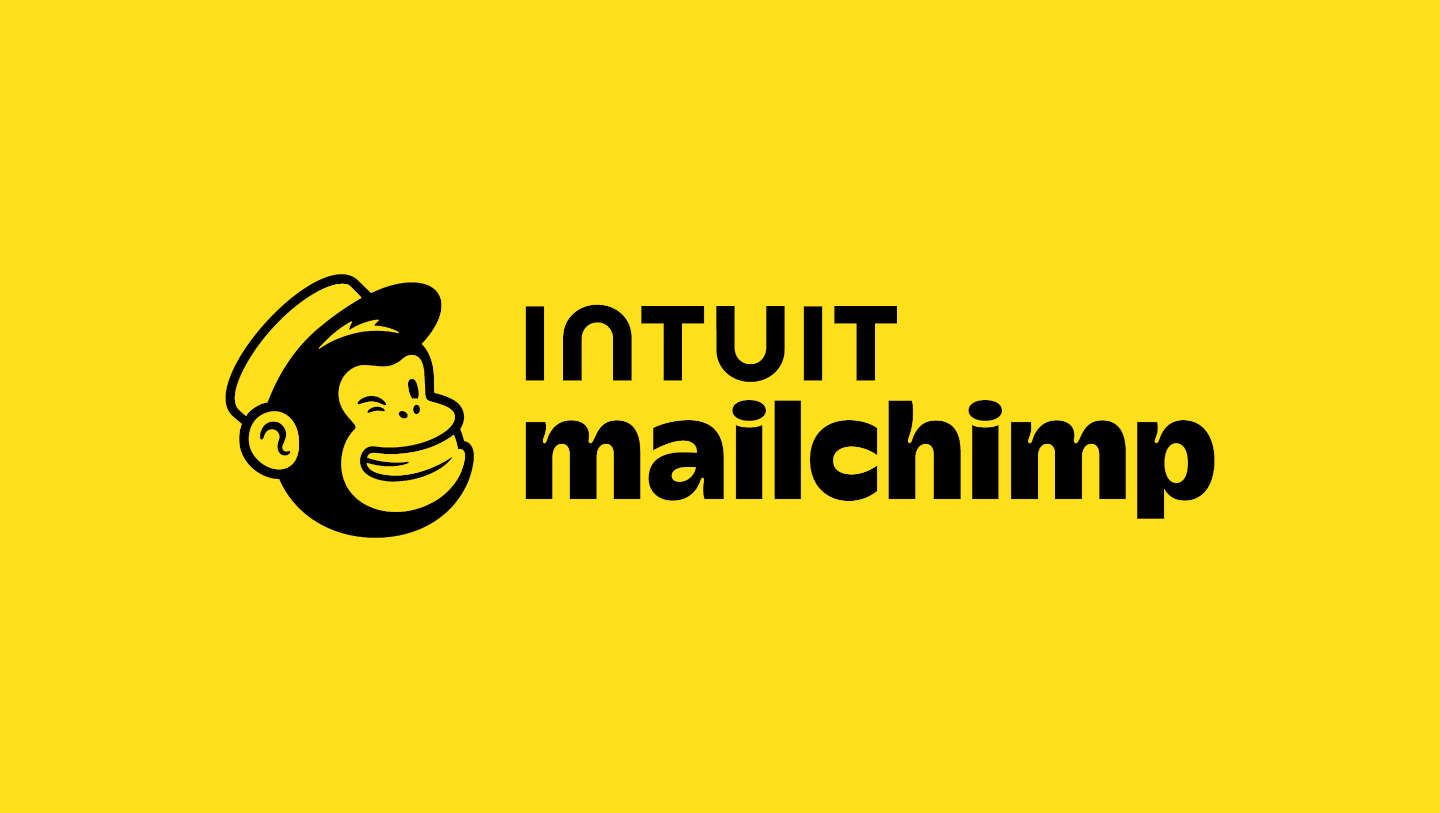Mailchimp, often dubbed the 'King of Email Marketing,' has established its reputation as a top-tier email marketing platform in the digital marketing industry. With their adorable mascot and user-friendly interface, they've managed to capture the hearts of many small and large businesses. As email marketing continues evolving, companies must partner with platforms offering robust features and adaptability. Mailchimp promises to deliver on these fronts, but does it hold up to scrutiny? This review dives deep into Mailchimp's offerings, assessing its history, features, user experience, and more to determine if it fits your business in 2023.
Brief History of Mailchimp
Launched in 2001, Mailchimp began as a paid service before introducing a freemium model in 2009. Over the past two decades, it has continually evolved, adapting to marketers' needs and ensuring businesses could effectively leverage email's power. Today, Mailchimp has expanded beyond just email to offer a suite of marketing automation tools and integrations, serving millions of customers worldwide.

Mailchimp
Mailchimp, long recognized as a heavyweight in the email marketing arena, continues to stand out in 2023. Boasting a user-centric interface, extensive integrations, and powerful features, it caters to both novices and experienced marketers. While some advanced offerings are tier-restricted, its freemium model makes it accessible to many. For businesses aiming for a seamless, intuitive, and effective email marketing platform, Mailchimp remains a top contender. Worth a try for any forward-thinking brand.
Core Features of Mailchimp
Email Campaigns:
- Templates & Design: Mailchimp's impressive collection of responsive templates ensures your emails look great on any device.
- Analytics: Understand your audience with in-depth campaign statistics and actionable insights.
- A/B Testing: Optimize your campaigns by testing subject lines, content, and send times.
Automation & Personalization:
- Journey Builder: Craft personalized customer journeys based on subscriber behaviors.
- Targeted Campaigns: Send emails based on e-commerce data, like purchase behavior.
- Dynamic Content: Personalize email content based on subscriber profiles.
Audience Management:
- Segmentation: Divide your list into segments based on engagement, location, or custom field.
- Signup Forms: Design forms to attract new subscribers and grow your list.
- Tags & Groups: Organize subscribers for more targeted messaging.
Mailchimp User Interface and Experience
Navigating through Mailchimp's dashboard is a breeze with its intuitive design. Whether beginners or seasoned marketers, users can quickly familiarize themselves with its tools and features. Its drag-and-drop editor further simplifies the process of crafting professional-looking emails.
Mailchimp Integrations and Extensibility
E-commerce Integrations:
- Shopify & WooCommerce: Seamlessly connect your store and automate email campaigns based on purchase behaviors.
- Product Recommendations: Automatically suggest products to subscribers based on past purchases.
CRM & Other Tools:
- Integrations: Mailchimp integrates with popular CRMs, including Salesforce and HubSpot, to synchronize data.
- Apps & Add-ons: Enhance functionality with Mailchimp's Marketplace, featuring hundreds of apps and extensions.
API & Custom Integrations:
For businesses with specific needs, Mailchimp's API offers the flexibility to craft custom integrations, ensuring that the platform fits seamlessly into any tech stack.
Mailchimp Pricing and Plans
Mailchimp offers various pricing options, including a Free plan for those just starting. As businesses grow, they can upgrade to premium tiers, which unlock advanced features like multi-variate testing and advanced audience insights.
Mailchimp Pros and Cons
Pros:
- Comprehensive feature set for email marketing.
- Easy-to-use interface with drag-and-drop functionality.
- Vast integration options with popular tools.
Cons:
- Can become expensive for more extensive subscriber lists.
- Some advanced features are only available on higher-tier plans.
Mailchimp Customer Support and Community
Mailchimp boasts a robust support system, offering 24/7 email and chat support for premium users. Their knowledge base, tutorials, and community forums further ensure users have the resources they need to succeed.
Conclusion
With a rich history and an extensive feature set tailored to today's marketing demands, Mailchimp remains a top choice for email marketers. If you're seeking a platform that offers flexibility, integrations, and a focus on user experience, Mailchimp might be the right fit for your business. Why not try and experience firsthand what it has to offer?
FAQ for Mailchimp
What differentiates Mailchimp from its competitors?
Its expansive feature set, user-friendly interface, and vast integrations make it stand out.
Is Mailchimp suitable for e-commerce businesses?
Absolutely. With e-commerce integrations and targeted campaigns, it caters specifically to online retailers.
Are there any limitations to Mailchimp's free plan?
While generous, the free plan has subscriber limits and lacks some advanced features.
Can I integrate Mailchimp with my CRM?
Yes, Mailchimp offers integrations with major CRMs and other tools.
Does Mailchimp support SMS marketing?
Yes, they've expanded their services to include SMS marketing for a holistic approach.
How does Mailchimp ensure high deliverability rates?
They adhere to best practices and provide tools to optimize your email campaigns.
Can I automate my marketing campaigns with Mailchimp?
Yes, you can create sophisticated campaigns with their Journey Builder and automation tools.
Is Mailchimp GDPR compliant?
Mailchimp takes data privacy seriously and is fully GDPR compliant.
Do they offer any design services?
While their platform is DIY, they have a directory of experts that users can hire for design needs.
Can I migrate my data from another platform to Mailchimp?
Yes, Mailchimp offers tools and support to facilitate data migration.









